Liberal Arts and Sciences

Approach
Liberal Arts and Sciences (LAS) encourages intellectual discovery and personal development in an international learning community. University College Freiburg (UCF) fosters a multidisciplinary educational environment that emphasizes critical thinking, innovation, and citizenship. We empower students through active learning and collaboration, preparing them to tackle complex challenges and contribute meaningfully to society in an interconnected world.
The LAS Bachelor of Arts / Bachelor of Science Program at UCF combines a shared foundation in the Core, student choices especially in the Electives with academic depth in your Major. After the first year, you choose one of the four LAS Majors:
- Culture and History
- Governance
- Life Sciences
- Environmental and Sustainability Sciences
LAS in Detail
Program Features
- English-taught, 4-year, 240 ECTS credit study program
- Degree: Bachelor of Arts or Bachelor of Sciences (depending on your Major)
- Accredited via the system accreditation of the University of Freiburg
- Semester registration fee for all students; tuition fee for non-EU students (€1,500 per semester) and for students seeking a 2nd Bachelor degree (€650)
- Application & Admissions: The LAS Program is selective and has an annual intake of 80 students. Application period is 1 June – 15 July.
- Join us! – Liberal Arts and Sciences online and in-person Open Days
Search term not found.
The LAS Foundational Year
The Foundational Year provides students a broad and structured starting point and establishes a shared basis of skills and knowledge. It includes modules from the Core, the Majors, and the Electives.
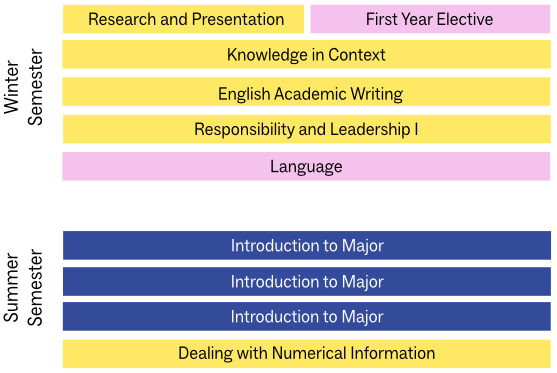
The Foundational Year has four parts:
1. Academic Key Skills
In the Core modules “Research and Presentation” and “English Academic Writing”, students develop and sharpen their academic key skills in courses based on real-world topics such as “Communication”, “Internationalism”, “Sustainable Food Transformation”, or “Humans and Other-than-Humans”. In the course “Dealing with Numerical Information”, students learn how to use numerical data in both academic and non-academic settings.
2. Perspectives on Knowledge
As a basis for academic and scientific work across disciplines, first-year students take the Core module Knowledge in Context, the first of four modules on Reflections on Knowledge and Science. Here, students are introduced to three key issues in Liberal Arts and Sciences: interdisciplinarity, methodological choices, and critical thinking. The study of knowledge in various historical, social, political, and practical contexts helps students to develop their individual study paths.
3. Responsibility and Leadership
The Core module Responsibility and Leadership I helps students develop their capacities to act responsibly in academic, professional, and personal contexts. It combines academic approaches from a variety of disciplines with personal reflection.
4. Introductions to Majors
These introductions familiarize students with the contents and breadth of the Majors and enable them to make a well-informed choice. You must take three out of four introductions:
LAS Course Impressions
UCF hosts about 50 LAS courses per semester. Teaching and learning covers many topics and takes on many forms, in and beyond the classroom. Here, we give you some impressions of courses, excursions, projects… in LAS.
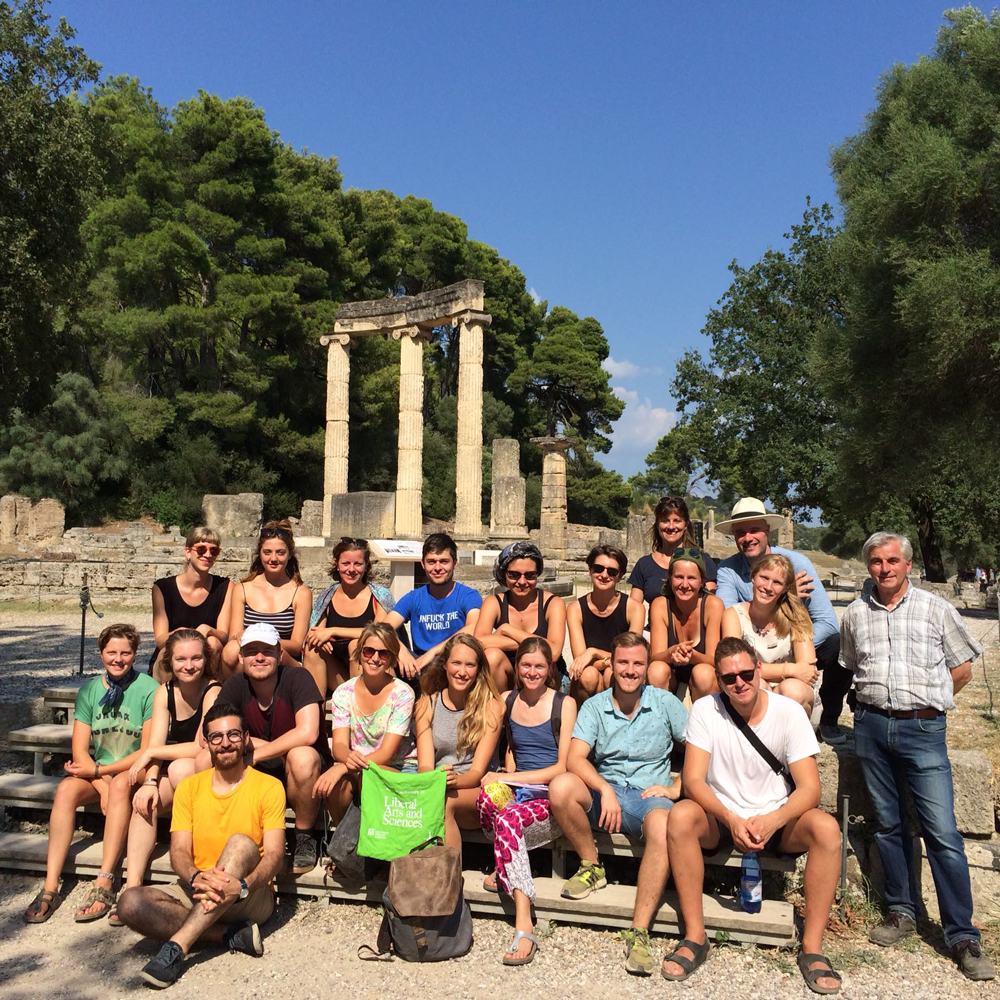
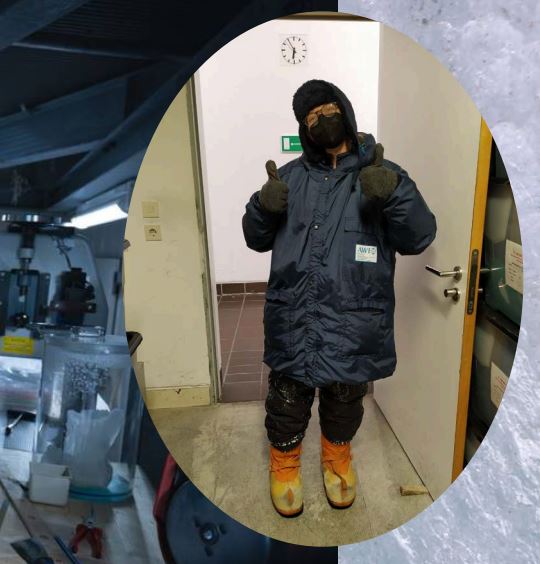
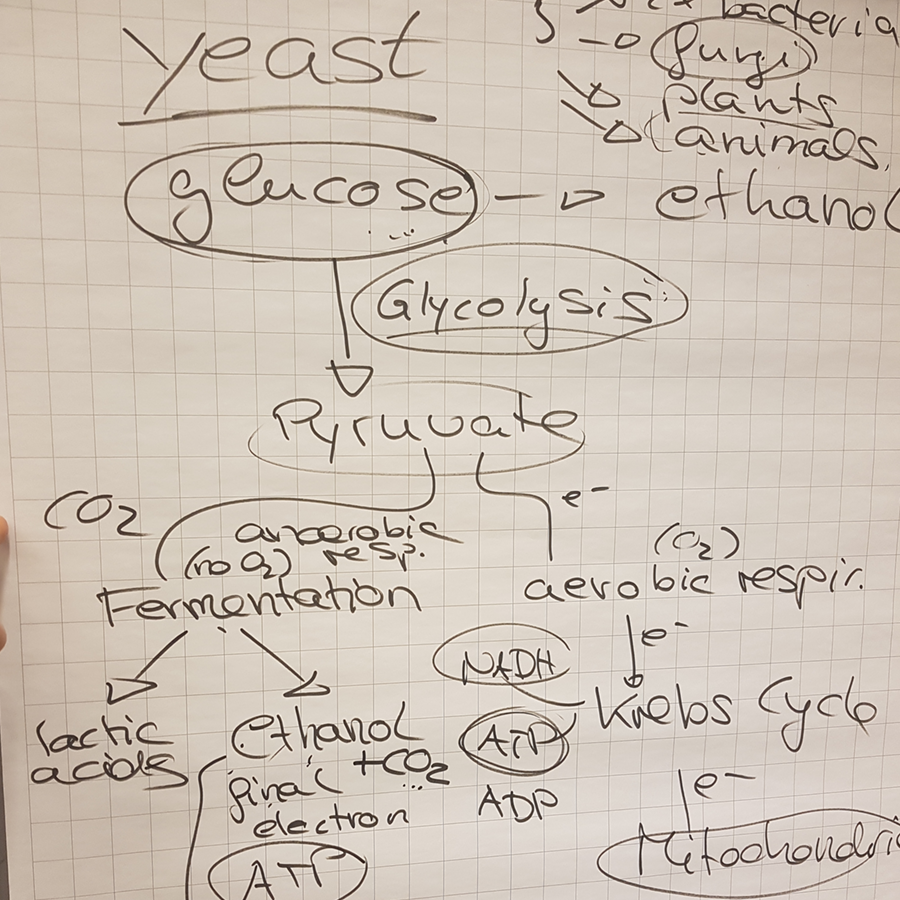

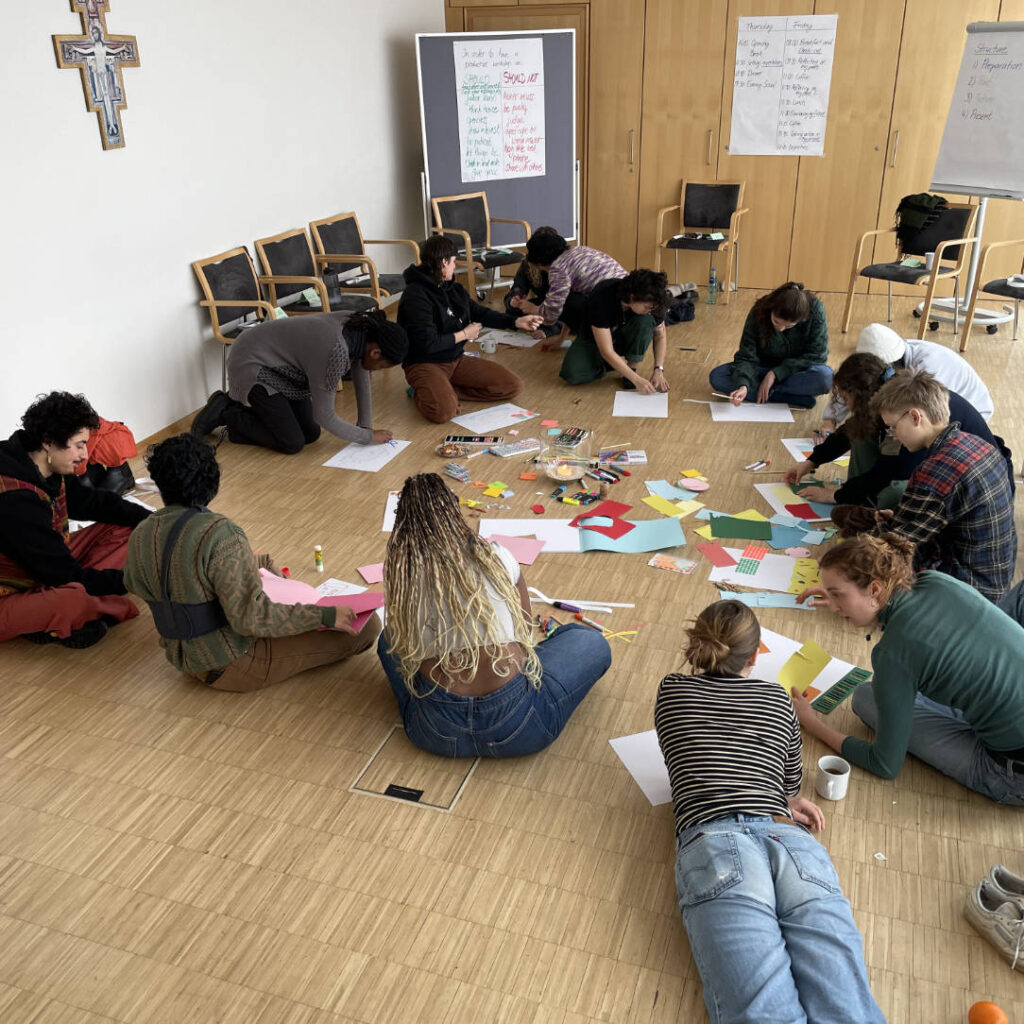
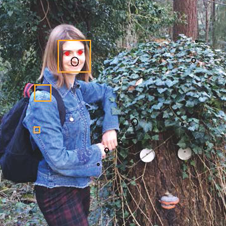

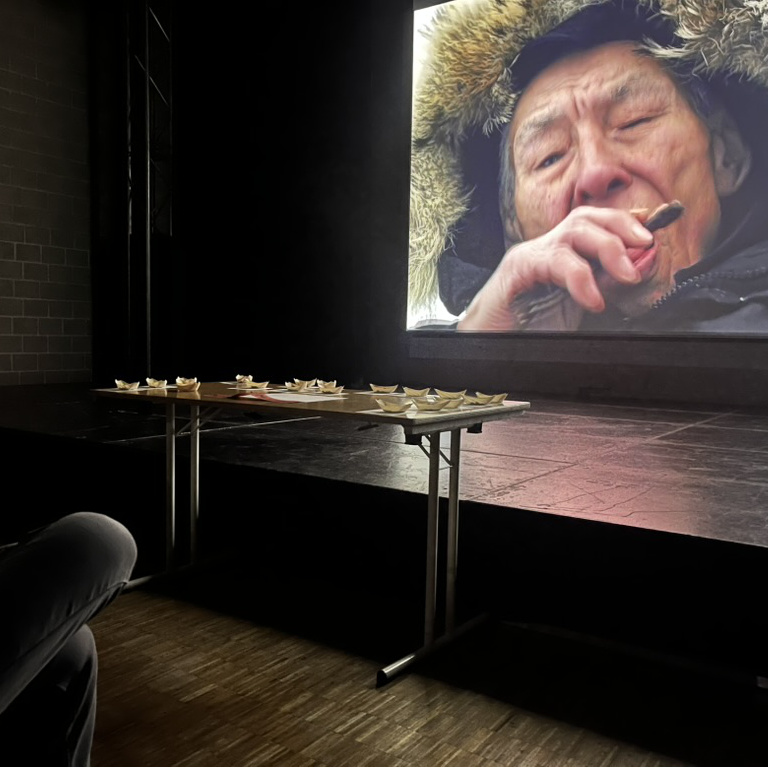
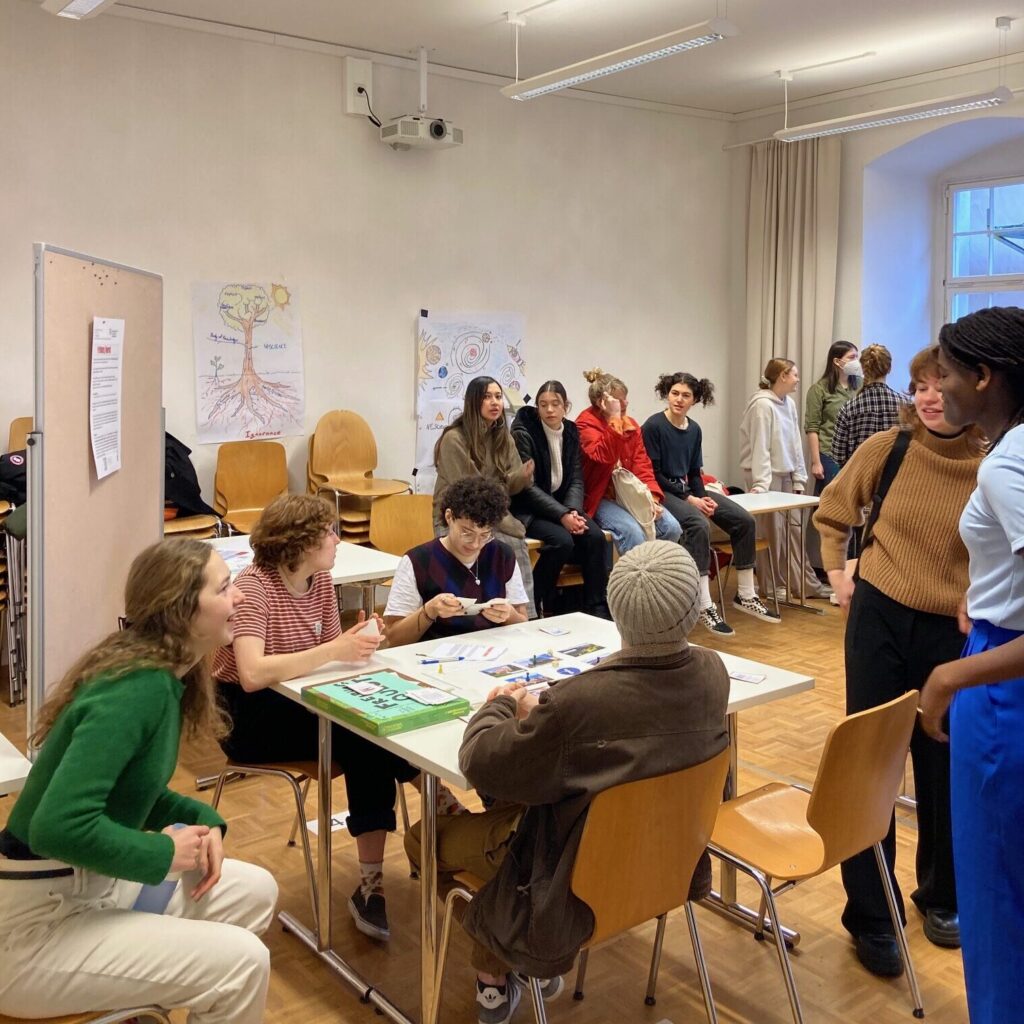

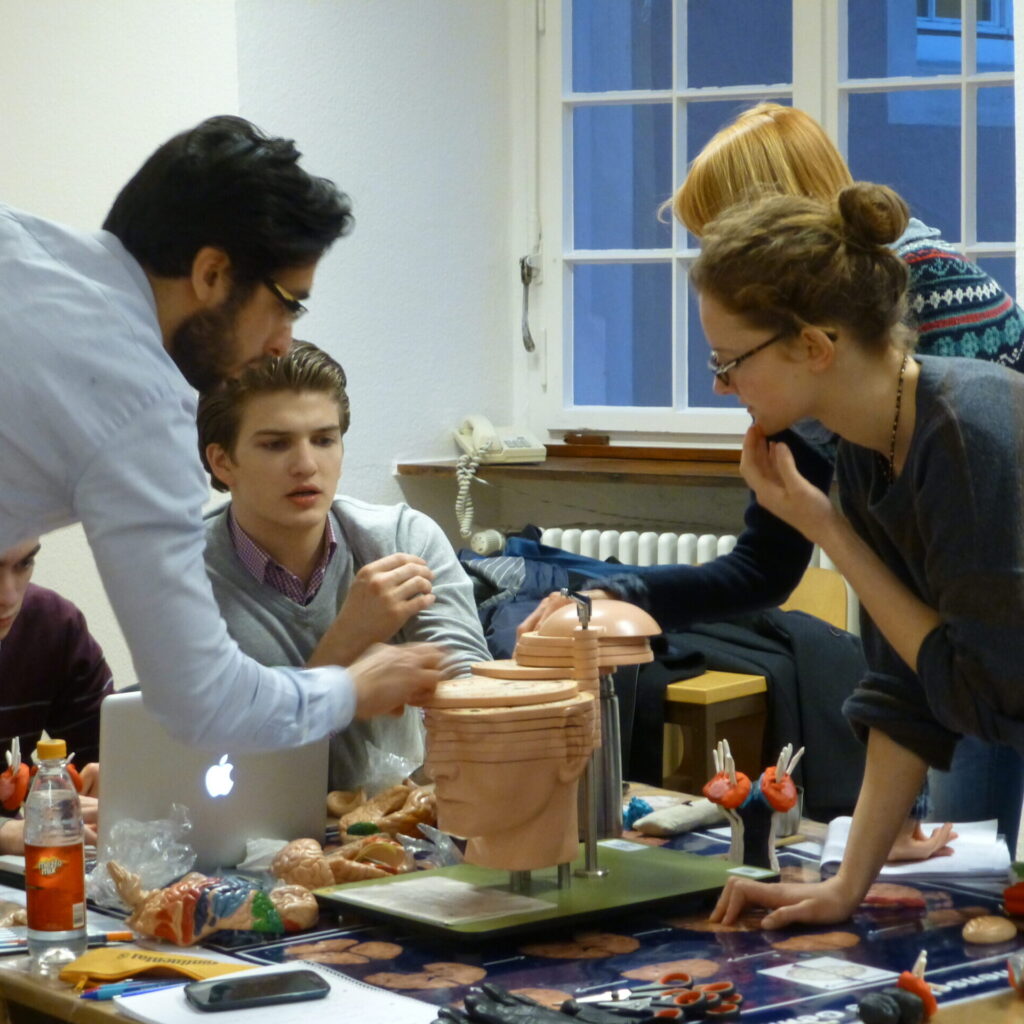
Study Abroad in the LAS Program
We encourage students to spend part of their studies abroad; about 80% do so, usually during their third year.
Below, we list the study abroad opportunities available to LAS students. Application details and forms are available on ILIAS. Please contact Anne Klemperer, UCF International Coordinator, if you have questions: anne.klemperer@ucf.uni-freiburg.de.

Search term not found.
UCF has the following partnerships:
- Adam Mickiewicz University, Poznan, Poland, Liberal Arts and Sciences Program (Erasmus)
- Amsterdam University College, Netherlands (Erasmus)
- Anglo-American University Prague, Czech Republic (Erasmus)
- Bratislava International School of Liberal Arts (BISLA), Slovakia (Erasmus)
- School of International Liberal Studies at Waseda University, Japan
- Sciences Po Grenoble, France (Erasmus)
- Universidad Autónoma de Madrid, Faculty of Law, Spain (Erasmus)
- Universitat Autonòma de Barcelona, Faculty of Arts and Humanities, Spain (Erasmus)
- University College Groningen, Netherlands (Erasmus)
- University College London, United Kingdom
- University College Maastricht, Netherlands (Erasmus)
- University College Maastricht, Netherlands (Dual Degree)
- University College Utrecht, Netherlands (Erasmus)
- University of Birmingham, Liberal Arts and Natural Sciences, United Kingdom
- University of Macedonia, Greece (Erasmus)
- University of Toulouse, France (Erasmus)
- University of Warwick, Liberal Arts Program, United Kingdom
- Uppsala University, Department of Economic History, Sweden (Erasmus)
- Yokohama City University, Japan
Students who want to go on UCF exchange programs should apply during their second year of studies. As an LAS student, you can find more information about the partnerships and on how to apply on the ILIAS Info Board.
You can also go abroad through open Erasmus places of other faculties (Restplätze). Here you can find an overview of all Erasmus partnerships at the University of Freiburg. Please note that deadlines, terms, and conditions vary between the departments. Some partnerships only allow you to take courses in a specific discipline, others are open. If you have questions, please contact the Erasmus coordinator of the particular faculty or department.
The Global Exchange Programs are administered by the International Office and are open to all students of the University of Freiburg. Deadlines vary, and some are up to one year in advance. For information on destinations, scholarships, funding, and on applying, please see the International Office website.
EUCOR – The European Campus is the confederation of universities in the upper Rhine valley. It allows students of the University of Freiburg to take classes at the University of Basel (CH), Université de Haute-Alsace (F), Karlsruher Institut für Technologie (D), and the Université de Strasbourg (F). For more information, please the University’s Student Portal.
EPICUR (European Partnership for Innovative Campus Unifying Regions) is a pilot European University of the future with a focus on transnational collaborative teaching and learning. EPICUR’s educational course offerings are open to all UCF students and are regularly published in the EPICUR Course Catalog.
You can also go to any university you like as a free mover. This option gives you a lot of freedom, but it also means that you are responsible for the organization and administration of your studies abroad and that you will have to pay tuition fees. The International Office offers advising for students who are interested in studying abroad as free movers.
Study Abroad Destinations
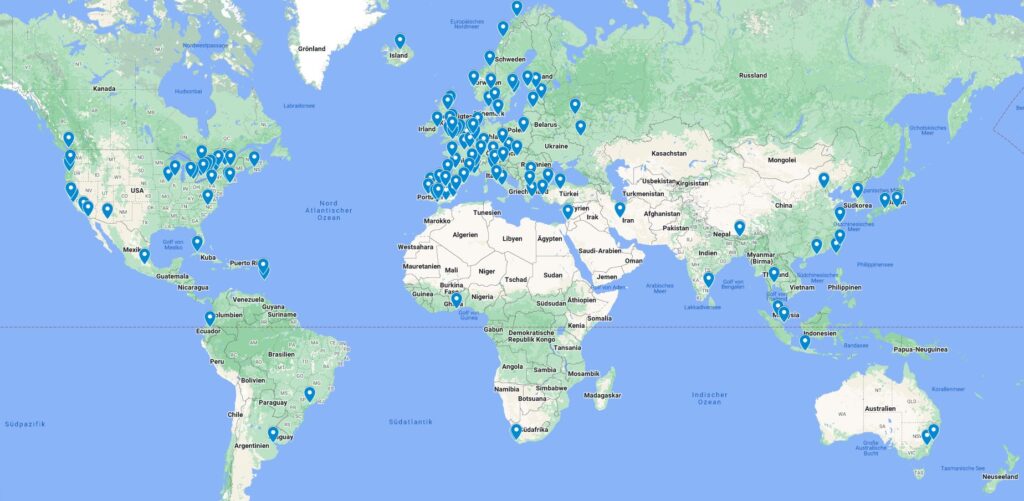
Since 2014, LAS students have studied abroad at universities and colleges around the world. And they return to Freiburg with many different experiences and stories.
LAS Handbooks
Here you can download the course catalogs, handbooks, and statutes for the LAS Program.
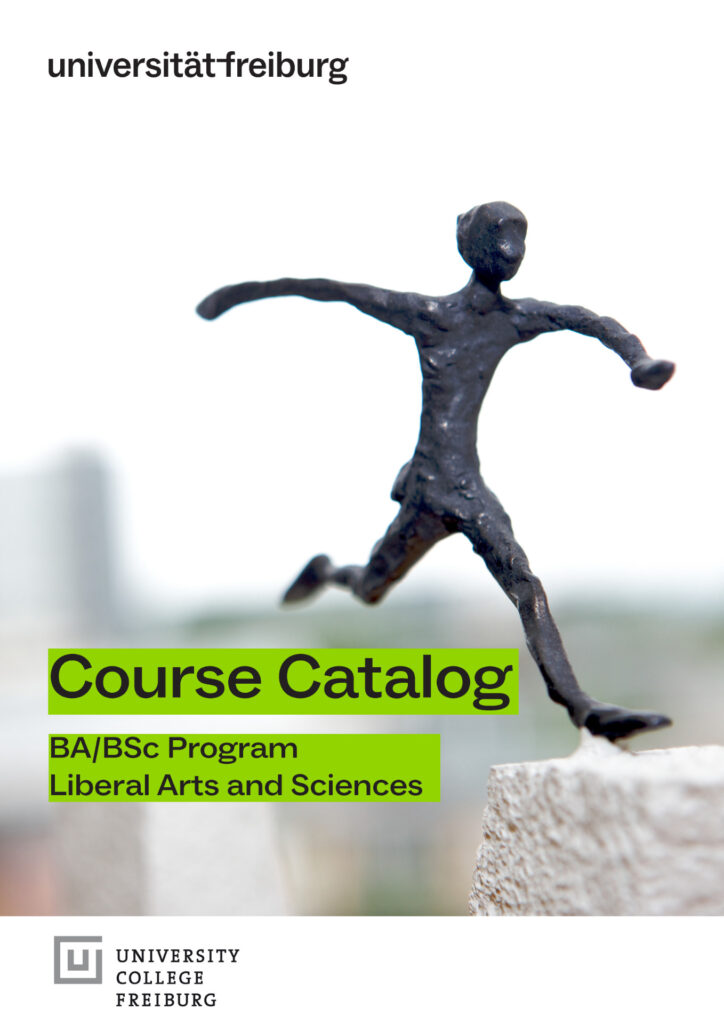
Course Catalog
The Course Catalog provides information on all LAS courses. It is published at the end of a semester for the upcoming semester. Regarding course registration, please carefully read pages 3–5 of theCourse Catalog. The latest information on individual courses is available on ILIAS.

Student Handbook
The Student Handbook provides information on academic and administrative processes in and for the LAS Program.

Studien- und Prüfungsordnung (StuPO)
The 2020 StuPO is the Program’s foundation. The English Study and Exam Regulations 2020 are a non-binding convenience translation.
The Module Handbook 2020 specifies the modules as defined in the StuPO.
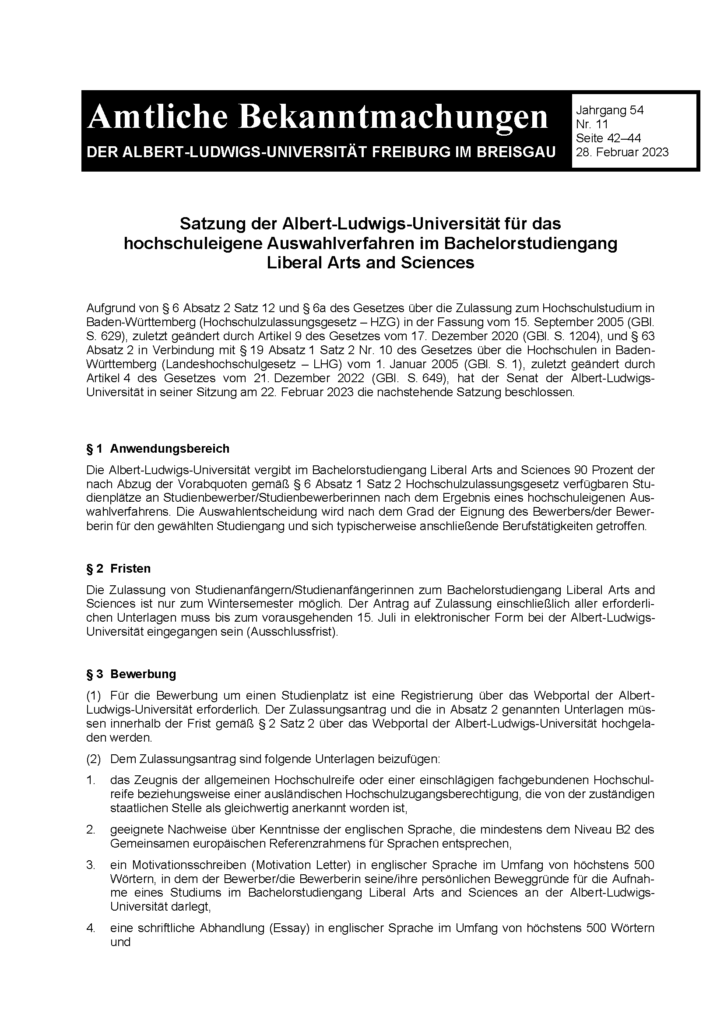
Admissions Regulations
The Admissions Regulations define the LAS application and admissions process for
Archive
The Academic Calendar at UCF
LAS Board of Studies
The Board of Studies (Studienkommission) is responsible for implementing the Study and Exam Regulations and develops recommendations for the Program. Its members are University of Freiburg professors, UCF faculty, and students. The Board of Studies appoints the members of the Board of Examiners (Prüfungsausschuss) that ensures that the Study and Examination Regulations are observed and adjudicated as required.
Members
- Dr. Melanie Altanian – Assistant Professor
- Dr. Nicholas Buchanan – Assistant Professor
- Dr. Simon Büchner – Lecturer and Course Coordinator Life Sciences
- Nikolas Christen – LAS student
- Salome Deistler – LAS student
- Anisoara-Florentina Diaconu – LAS student
- Dr. Hanna Helander – Lecturer and Course Coordinator Environmental and Sustainability Sciences
- Prof. Dr. Moritz Diehl – Institute of Microsystem Technology, Faculty of Engineering
- Prof. Dr. Veronika Lipphardt – Science and Technology Studies
- Dr. Mila Mikalay – Lecturer and Course Coordinator Governance
- Prof. Dr. Frieder Vogelmann – LAS Dean of Studies, Professorship in Epistemology and Theory of Science
- Sophia Wong – LAS student
Permanent Guests
- Thorsten Leiendecker – Program Coordinator
- Stefan Adler – Program Manager
